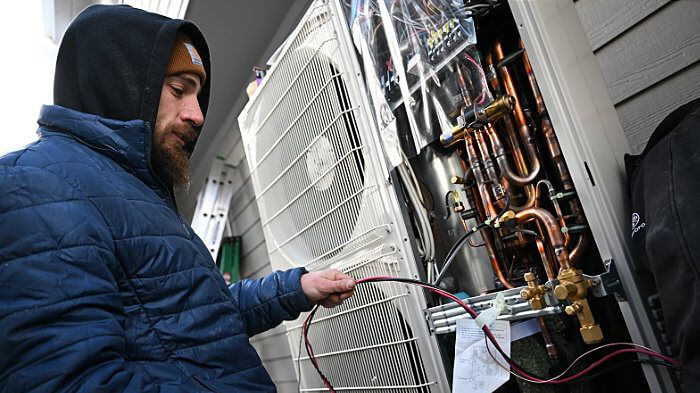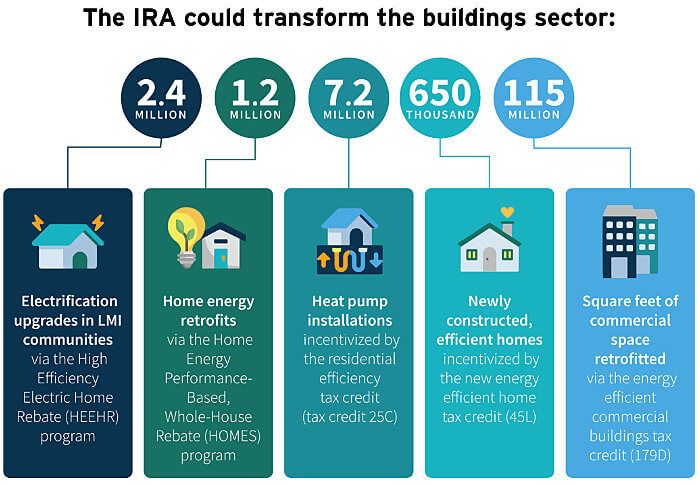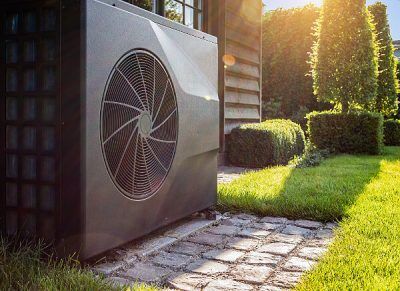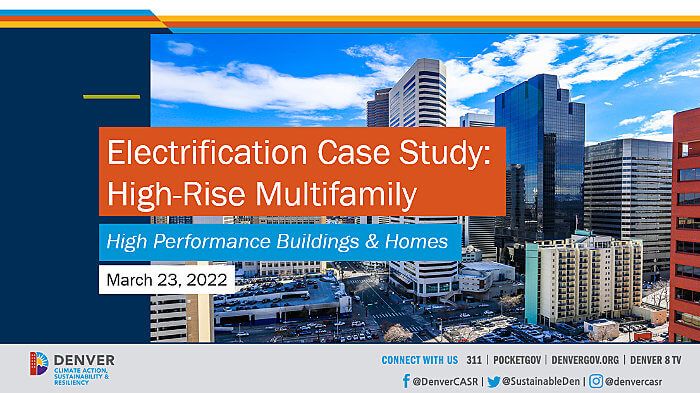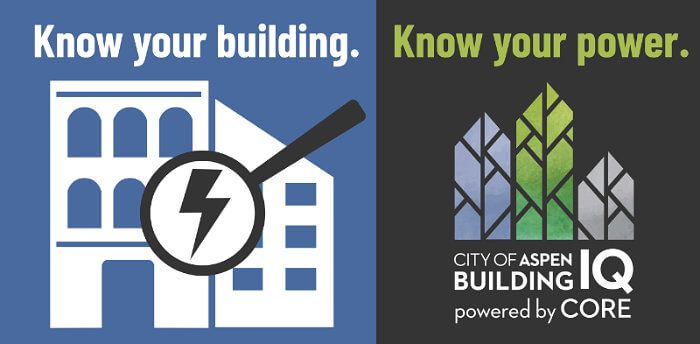Looking for a one-stop shop for all things building electrification, energy efficiency, and Denver building policy? The City and County of Denver’s Webinar Library: High-Performance Buildings and Homes is just that. In addition to providing overviews of relevant policies, this webinar library seeks to bring the Denver community together to share ideas, successful case studies, and tips and tricks on building efficiency and electrification. Users can browse previous webinars and outside resources, as well as register for upcoming webinars. The page also features the Urban Land Institute’s Net Zero Energy (NZE) for Developers Training Series, which will support building professionals in the transition of Denver’s building stock to NZE by 2030.
By filling out the Request to Speak at or Suggest a New Topic for a Future Webinar survey, the Climate Action, Sustainability and Resiliency Office can better adapt to the community’s challenges and questions, especially with the rollout of new policies like the Energize Denver Ordinance.
The most recent webinar, Overview of the Energize Denver Ordinance, provides a wealth of information on the ordinance’s adoption process, addresses many of our community’s questions and concerns, and provides helpful resources. Last month’s Electrification Case Study: High-Rise Multifamily is an in-depth look at a condo complex in Denver’s planning and development process. The project’s engineers and developers explain their decision-making process, benefits, and challenges with this development. In February, the Electrifying New Multifamily Water Heating Webinar briefed the benefits and challenges of heat pump water heaters. Featuring a few successful case studies from a developer in Utah (systems plans attached on the webpage), the speakers emphasized the importance of very early planning and equipment ordering.
